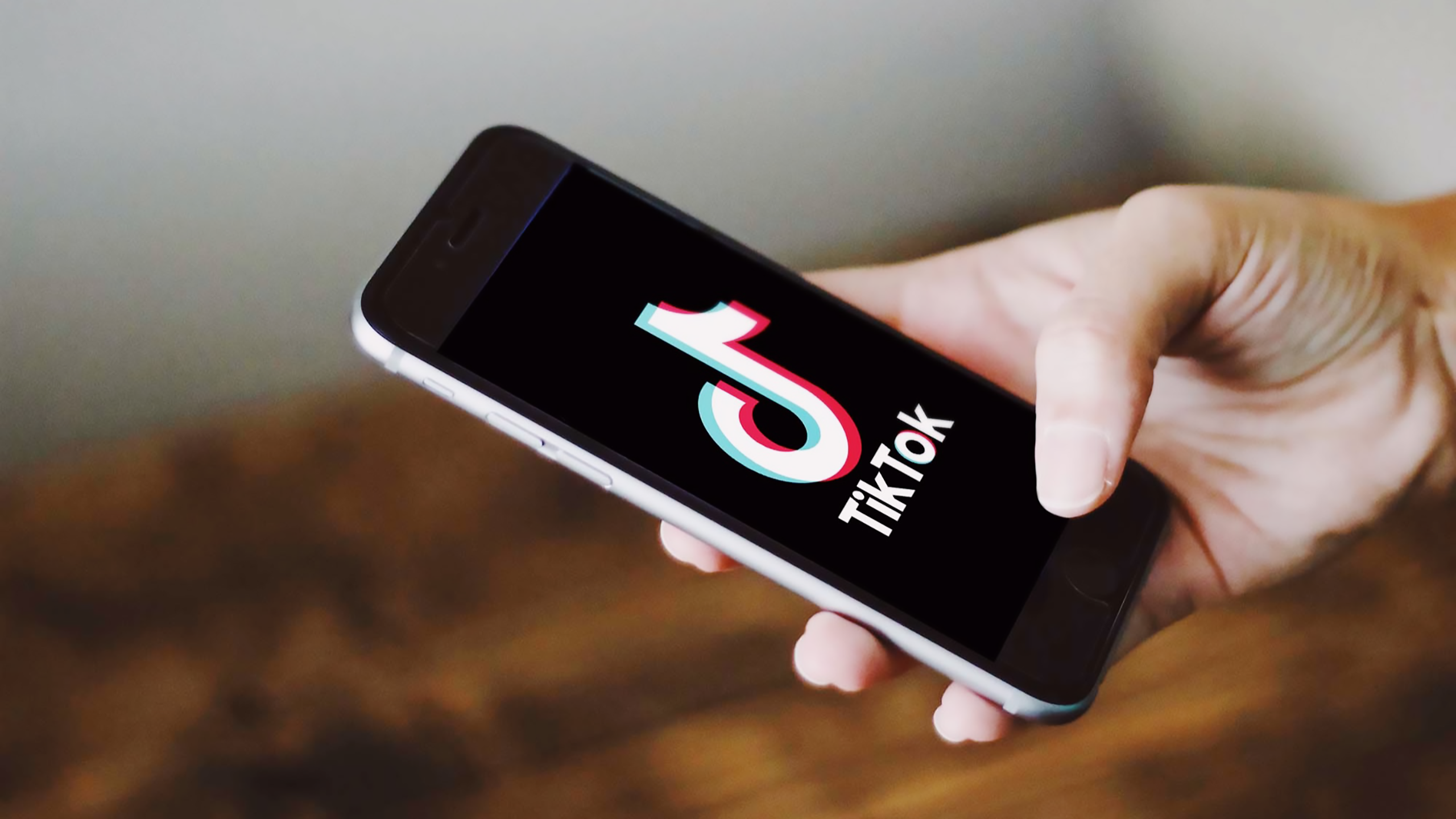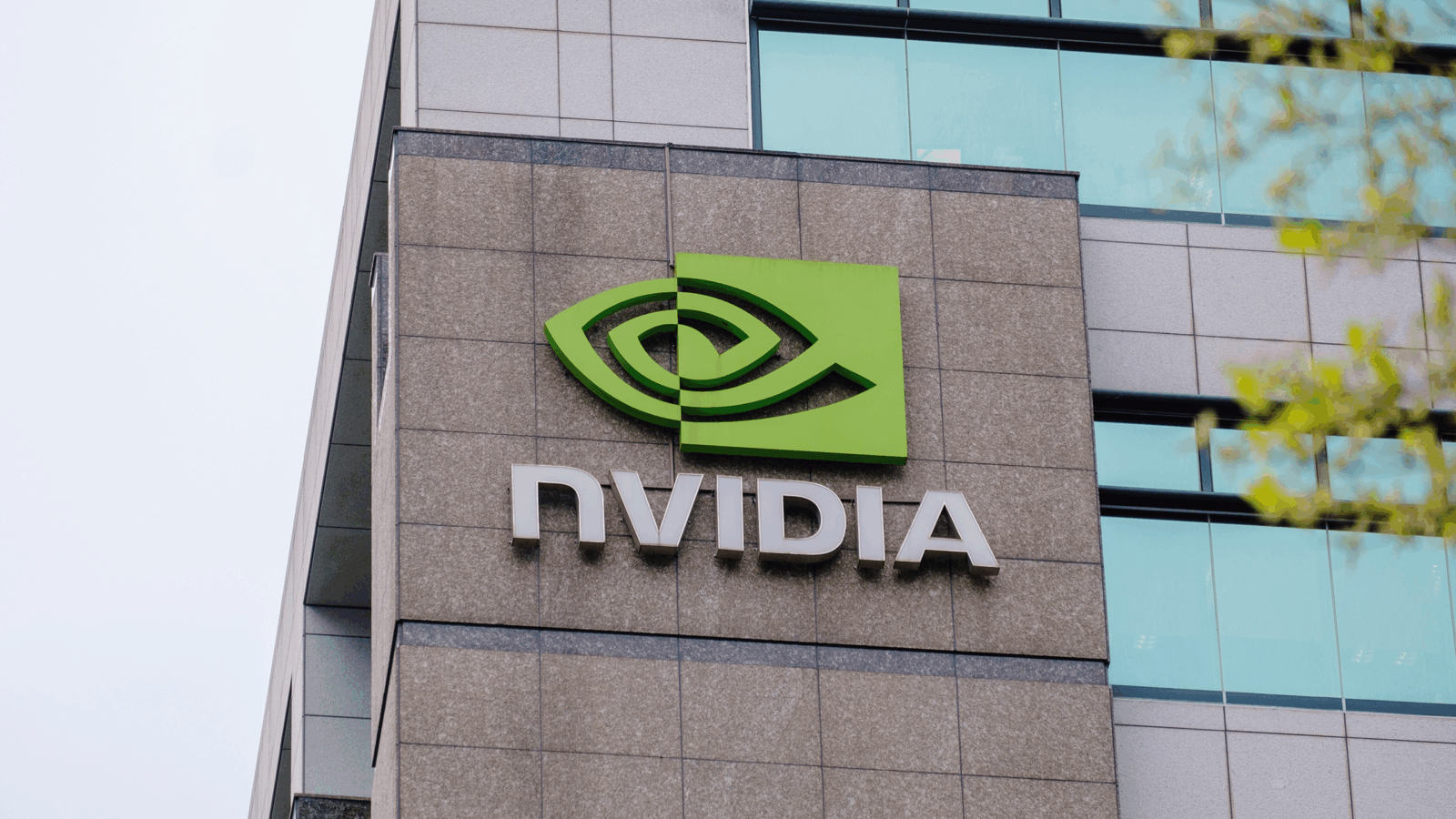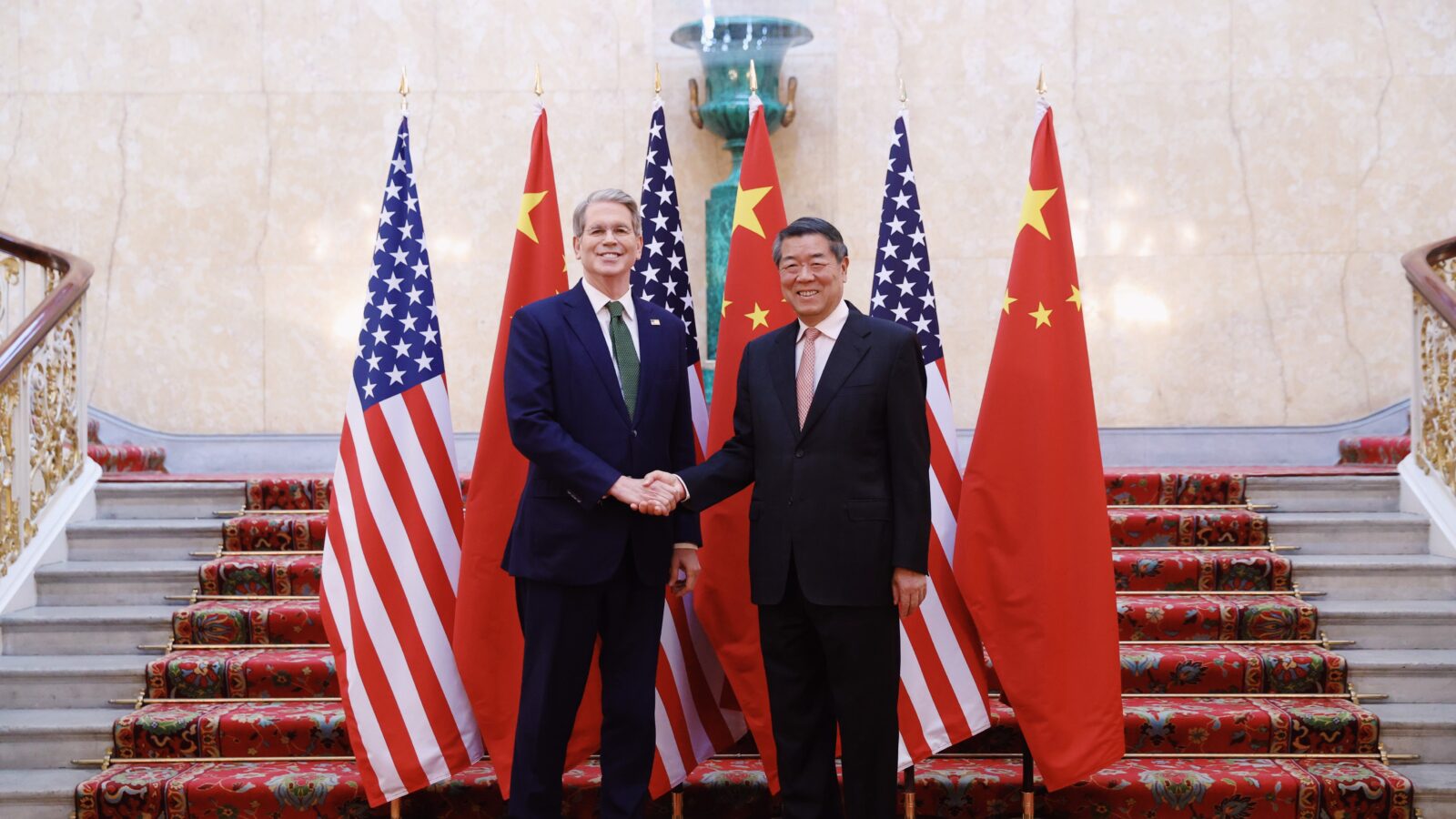TikTok Is Ready to Sue Over Potential US Ban
The new bill could be voted on in the Senate as soon as Tuesday, and TikTok is ready with a legal strategy.
Sign up for smart news, insights, and analysis on the biggest financial stories of the day.
No more Mr. Nice Lobbyist.
The House of Representatives passed a bill over the weekend mostly geared toward foreign aid packages for Ukraine and Israel. But tagged onto that bill was legislation that would ban TikTok in the US if its China-based parent company, ByteDance, doesn’t divest it. According to a memo reported by Bloomberg, TikTok is ready to lawyer up. And the company’s track record for legally derailing proposed bans is so far pristine.
Here We Go Again
Former President Trump tried to ban the platform with an executive order in 2020 that cited TikTok as a national security threat that granted the Chinese government access to Americans’ data. TikTok successfully challenged that order in court long enough for another election, and President Joe Biden issued a new executive order in 2021 annulling his predecessor’s ban, stating that “rigorous, evidence-based analysis” must be conducted to assess the risks of China-owned apps and software.
Now, despite TikTok’s various attempts to convince US lawmakers that it keeps user data safe (or at least what constitutes “safe” relative to other social media companies), we’ve come full circle. The House passed a bill last month that would force a sale of TikTok, but it stagnated in the Senate. The new bill could be voted on in the Senate as soon as Tuesday, and TikTok is ready with a legal strategy:
- Bloomberg reported that Michael Beckerman, TikTok’s head of public policy for the Americas, sent a memo to staff saying, “At the stage that the bill is signed, we will move to the courts for a legal challenge.”
- Beckerman suggested that TikTok would argue the bill would be a “clear violation” of TikTok users’ First Amendment rights. There is some precedent for this at the state level; Montana tried to ban TikTok last year, but a federal judge granted a preliminary injunction saying it likely violated the First Amendment.
Wrong Fix: Nick Couldry, a professor at the London School of Economics and co-author of the recent book “Data Grab,” said the new bill does represent a “more serious challenge” than Trump’s attempt. But Couldry believes the bill fails to protect US users from TikTok’s more urgent harm, which is its algorithm that can lead users down rabbit holes. “It is this business model and the sort of algorithm it drives that needs regulating in the interests of US citizens — changing who owns it will do nothing to address its social costs of this algorithm for US society and politics,” he said.
“Though it may be controversial to say it, the Chinese government has been much more effective in regulating the algorithm of TikTok’s Chinese equivalent, Douyin,” Couldry said. The likelihood of the US government cribbing off the CCP is fairly low, however.












